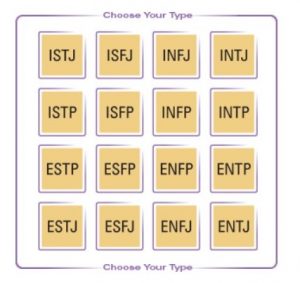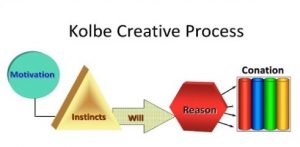Are you cultivating a green thumb and want a potting area for all your gardening supplies? Or maybe you feel you have tried and failed because you just didn’t have the right tools and knowledge in place? If you are ready to whip your garden area and tools into shape for the most beautiful and successful spring garden, read on!
Your gardening supplies and growing area can be indoor or out. Thank about your garage, a greenhouse, shed or a sunny spot in the house. For loads of inspiration, head over to my Garden, Storage and Organizing boards on Pinterest.

To begin, determine the area where you can conveniently store gardening supplies. Whether your in a condo or small space and plan to learn to better care for your indoor or patio garden or you are a master gardener planning to start seeds and do extensive gardening, some common sense storage tips and best practices for maintain tools will go a long way towards cultivating a green thumb!
Once you have determined where you can set up your gardening space, start by clearing out the area of anything that doesn’t belong or assigning zones for the space to keep like items together. If the space is shared, how else do you use it?
In this initial planning and research phase, wait to make those purchases until you have sorted, purged and determined your layout and needs.
Will you be starting seeds and need shelves, lighting and seed storage? Take a quick inventory of what you have and what you need while determining where you will do these activities or store the supplies and tools, either permanently or seasonally. List categories and quickly sketch “Zones” including measurements to determine what will fit before making larger purchases such as shelving, lighting, pegboards or other necessary supplies. Don’t overlook functionality (power access, mobility), lighting (windows, existing fixtures) and frequency of use (for each category). Try to keep systems modular if possible so they can be re-configured as needed.
- Gather your supplies; gloves, bags and boxes (for giveaway and trash/recycling), sticky notes, permanent markers, label maker/labels, a variety of storage bins, various hooks (command and lg ‘ladder’ hooks) and any shelves or other items you need to install. Start with what you have and make a list of smaller storage and organizing tools you will need as you go.
- Sort; I suggest working clockwise in the space (just easier to remember and follow this path with all organizing projects). Work your way around the room or space one wall at a time around sorting items into keep, donate and toss.
- Repair & Clean the space as you go and make basic repairs/maintenance updates and taking note of damaged items and things that need to be cleaned. If you have time to do garden tool maintenance now, great! Garden tools should be cleaned, sharpened and oiled on a regular basis. This site has everything you need to know about maintaining your gardening tools!
- Group items by category into bins or zones, and if you don’t have an immediate way to store/re-install an item make a note and set the item in the general zone where it needs to be stored and come back to it. If you are able to move everything out to a holding area (the lawn, a patio, middle of the garage etc) then keep things grouped by categories (potting tools, garden equipment, seed starting, hand tools etc) in bins to be returned when ready.
- Install hooks, shelves, containers etc. This can be done one wall or zone at a time or with the whole space if it’s been cleared.
- Return items to their new homes, this might require grouping and labeling items into bins, installing pegboards or slat walls with hooks, simple hooks or nails, shelving, bins/baskets etc.
- Maintain, the most often overlooked step in all organizing projects! This will not put themselves back so you will have to do this, as well as clean, repair and replace plants and garden tools as needed.
Storage Tips: Go vertical and don’t forget overhead storage space! Make sure these systems are well secured!! Give them a good tug to make sure things don’t come tumbling down when you or the kids go to grab something.
Keep heavy and more frequently used items lower to the ground (but make sure they are water proof if necessary) and lighter and less frequently used or more dangerous tools mounted up high for safety.

Keep it practical! Your garden work space doesn’t have to look like a magazine shoot, it just has to be tidy, easy to use and functional!
 I hope these tips will help you to cultivate a green thumb for all your planting projects this spring! Get out in your garden! What are you planting this Spring? Please share in the comments below!
I hope these tips will help you to cultivate a green thumb for all your planting projects this spring! Get out in your garden! What are you planting this Spring? Please share in the comments below!










